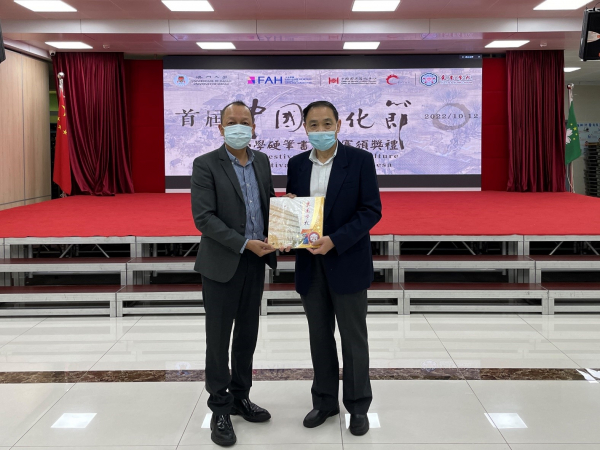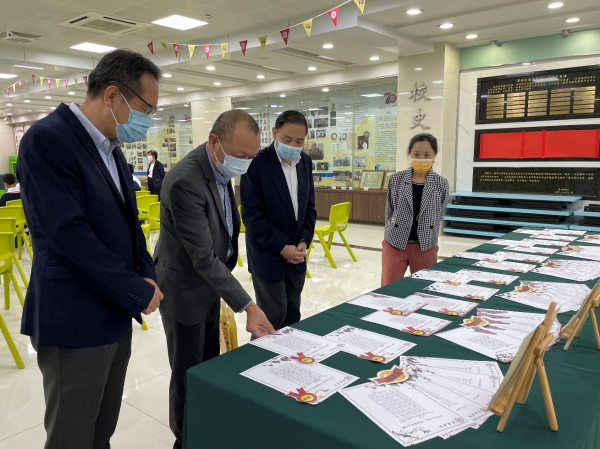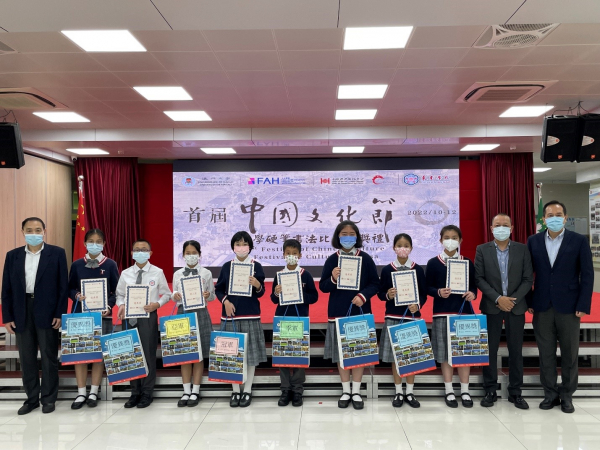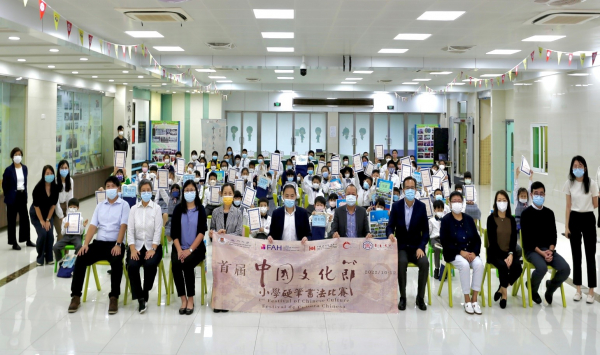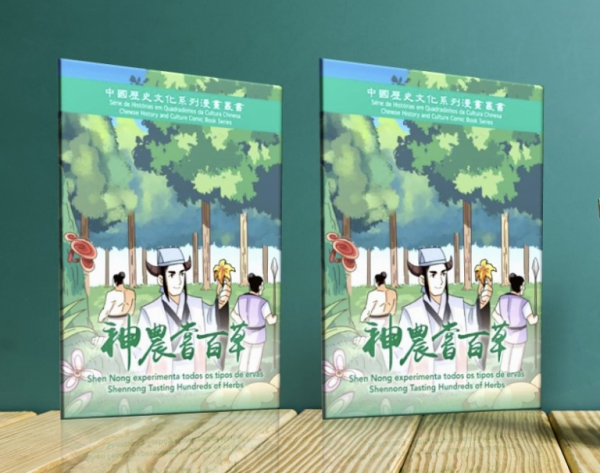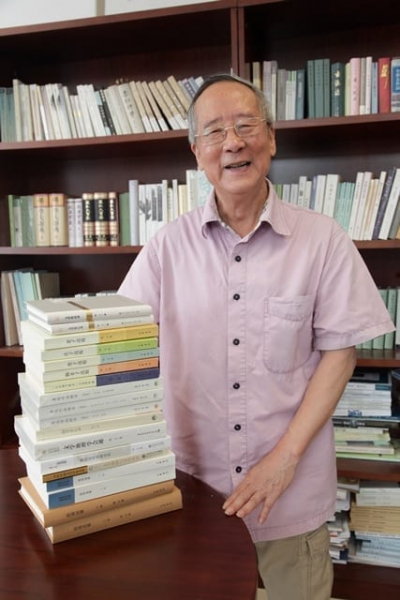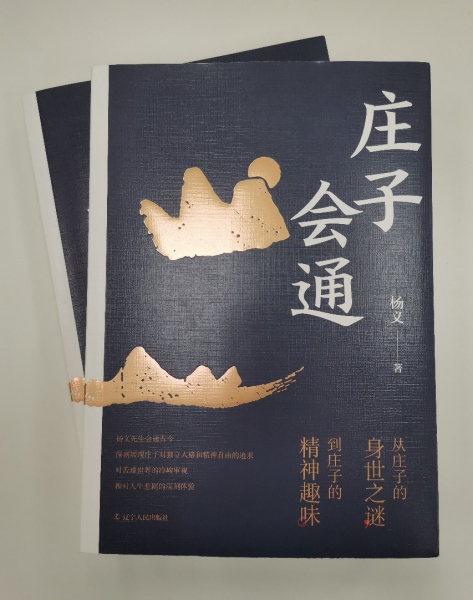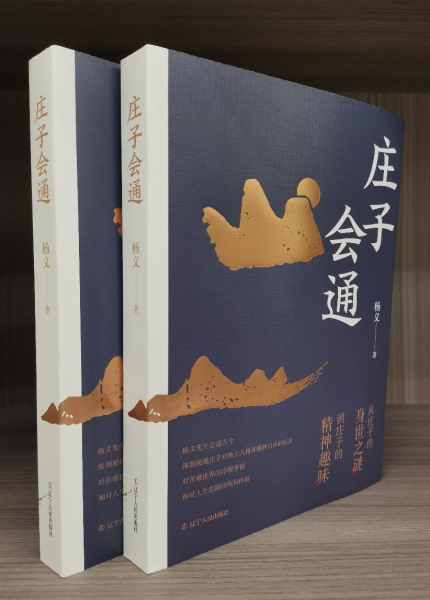The University of Macau (UM) held its first Chinese Culture Festival to promote Chinese culture and deepen students’ understanding of traditional Chinese culture, kicking off a series of activities with a keynote event launch ceremony. The event was a combination of online and face-to-face activities, with nearly 100 leaders, scholars and guests from around the world offering their congratulations in various ways.
The First Chinese Cultural Festival received the attention of nearly 100 leaders, scholars and guests from around the world, all of whom expressed their congratulations to the Festival in different ways. Professor WU Yiqin, Vice-Chairman of the Chinese Writers Association, emphasized in his online speech that it is the responsibility and duty of every Chinese child to pass on Chinese culture and promote good traditions. The UM Vice Rector, MOK Kai Meng, said in his speech that Macao is a base where Chinese culture is the main stream and where multiple cultures co-exist and exchange. Chinese culture is the main part of Macao’s culture, and promoting, publicizing and practicing Chinese culture in Macao is an important mission and responsibility that we face. The Director of Culture and Tourism Department of Henan Province, Mr. JIANG Jiding, expressed his hope that through this event, a platform for humanistic exchanges between the youth of Henan and Macao could be established, and sincerely invited the youth of Macao to come to Henan to touch history, sense civilisation, nourish their spirit and understand China. On behalf of the Macao Foundation, President WU Zhiliang, expressed his warm congratulations to the event. He highly appreciated the long-standing work and efforts of CCHC, and hoped that with the promotion of the community, the knowledge of history and culture would be spread to the community and to the schools.
The cultural units such as Culture and Tourism Department of Henan Province, Shanghai Junde Cultural Communication Co., Ltd. and Clube de Mok Lan Kun de Macau have performed Taijiquan, Mulan Crane Dance with Fan and Kun Opera for the launching ceremony. Macao’s primary and secondary schools, tertiary institutions and cultural organizations also gave their enthusiastic support. The ceremony was attended by XU Ting, Director of the Education and Youth Affairs Department of the Liaison Office of the Central People’s Government in the Macau SAR; MOK Kai Meng, UM Vice Rector; XU Jie, Dean of the Faculty of Arts and Humanities; WONG Seng Fat, Interim College Master of Cheng Yu Tung College; Chee Shiong LAM, College Master of Lui Che Woo College; CHEUNG Kwok Cheung, Interim College Master of Moon Chun Memorial College; TAM Sik Chung, Interim College Master of Shiu Pong College, LAM Iok Fong, Director of Centre for Macau Studies; Chap Chong PANG, Dean of Student Affairs; WONG Kei, Director of Rector’s Office and LAM Yuk Yee, Director of the Alumni and Development Office.
There are about 100 core events in the Chinese Cultural Festival, starting from mid-October. The core events will be held in November, with activities taking place at the University of Macau, the Base for the Promotion of Chinese History and Culture, and partner institutions such as the Beijing Lu Xun Museum, Shanghai University, Shanghai Normal University, Jinan University and Nanchang University, closely relating to the UM’s Chinese Culture Festival. The key events continue into December, providing a relaxed way for students to learn about traditional Chinese culture, stimulating their interest in Chinese history and culture, and enhancing their understanding of Chinese culture. For the details of events, please visit: https://bit.ly/3Ta3zD2
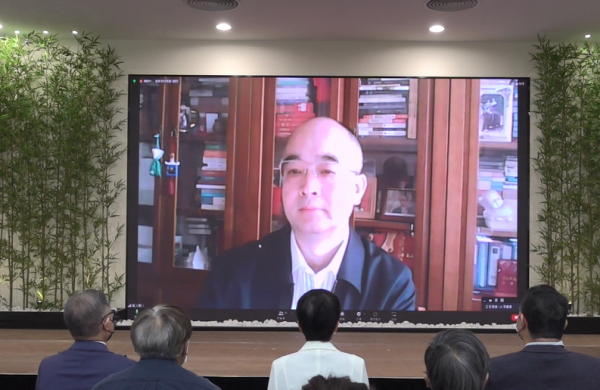
Professor WU Yiqin, Vice-Chairman of the Chinese Writers Association
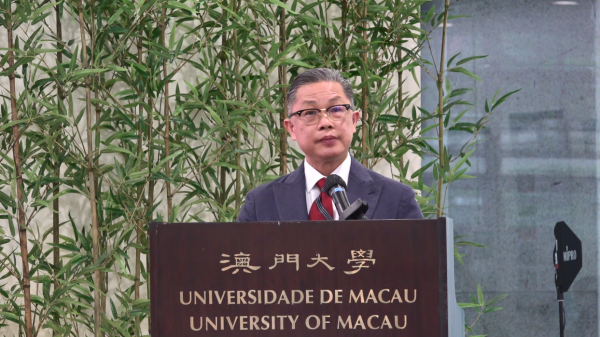
Prof. MOK Kai Meng, Vice Rector of the University of Macau
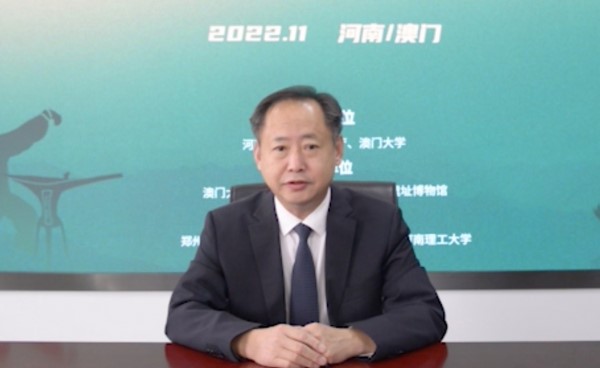
Mr. JIANG Jiding, Director of Culture and Tourism Department of Henan Province
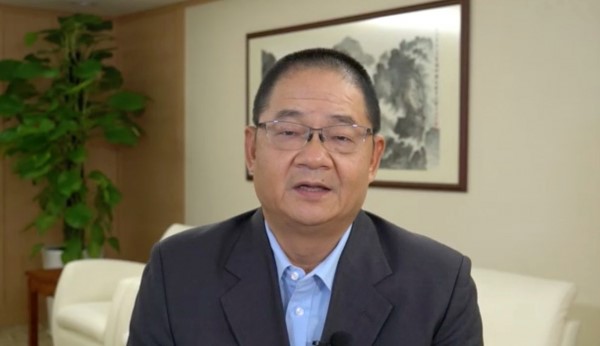
Dr. WU Zhiliang, President of Macao Foundation
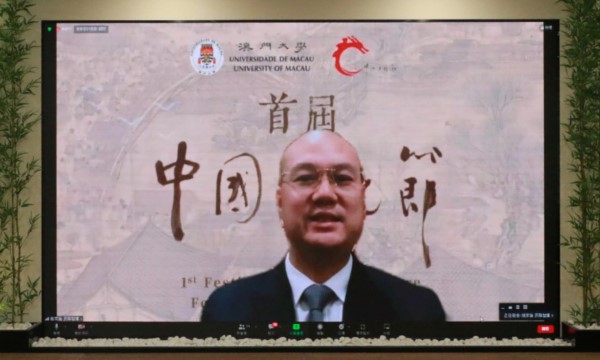
Mr. SI Ka Lon, Director of Think Tank of United Citizens
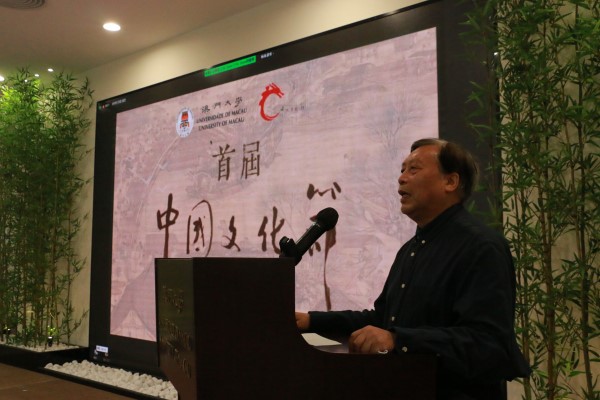
Prof. ZHU Shoutong, Director of CCHC
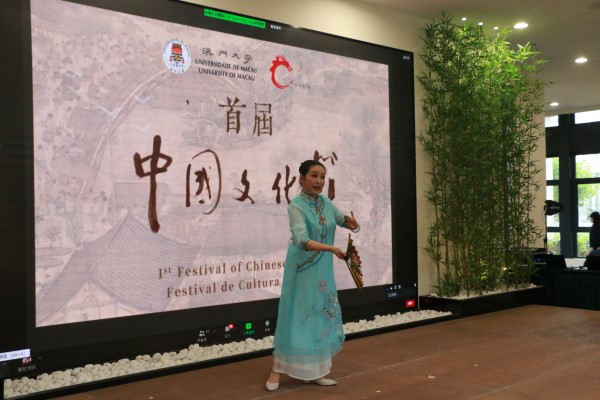
Kun Opera Performance by HU Qian
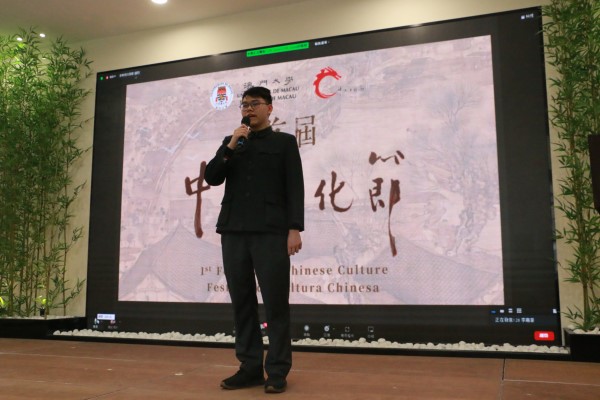
Kun Opera Performance by GUAN Wen Zheng

Guests
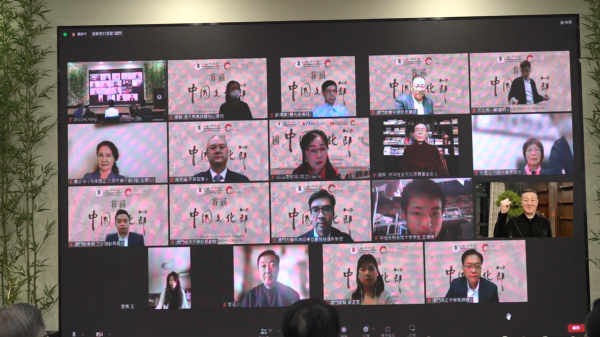
Online Guests
